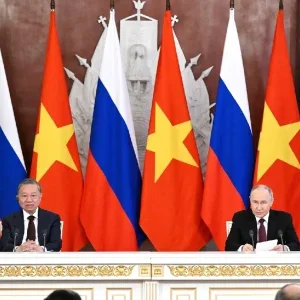
Greenland Minerals said that its application for an exploitation licence for the Kvanefjeld rare earth project in southern Greenland is set to be rejected by the Greenland government.
In this regard, the Australian company has been issued a draft decision in which the Greenland Ministry of Mineral Resources and Justice has proposed to reject the exploitation licence application.
The draft decision stated that the exploitation licence cannot be given as it will involve exploitation of an ore body that has over 100 parts per minute (ppm) of uranium.
In November 2021, Inatsisartut, which is the Parliament of Greenland, passed a law that puts a ban on uranium mining and exploration in the Danish territory. The legislation called ‘Act No. 20’ prohibits exploration of deposits that have a uranium concentration higher than 100ppm.
The law was passed just days after Greenland Minerals filed a white paper with approval authorities that it had addressed concerns relating to the Kvanefjeld rare earth project during a 38-week public consultation period that ended last September.
Greenland Minerals stated: “The Company is disappointed with the Government’s actions in making this draft decision which relies on the application of Act No. 20, when the application of Act No. 20 is one of the questions submitted for determination in the arbitration.
“In addition, the Government has taken the decision despite the fact that some requirements for an exploitation licence remain outstanding, specifically the completion of the White Papers and the Impact Benefit Agreement.”
The company said that it has four weeks for filing its response to the government’s draft decision. The Greenland government indicated that after completing the consultation process on the draft decision, it plans to move ahead in making a final decision on Greenland Minerals’ exploitation licence application.
The Kvanefjeld rare earth project is expected to produce neodymium, praseodymium, terbium, and dysprosium during an initial mine life of 37 years.






